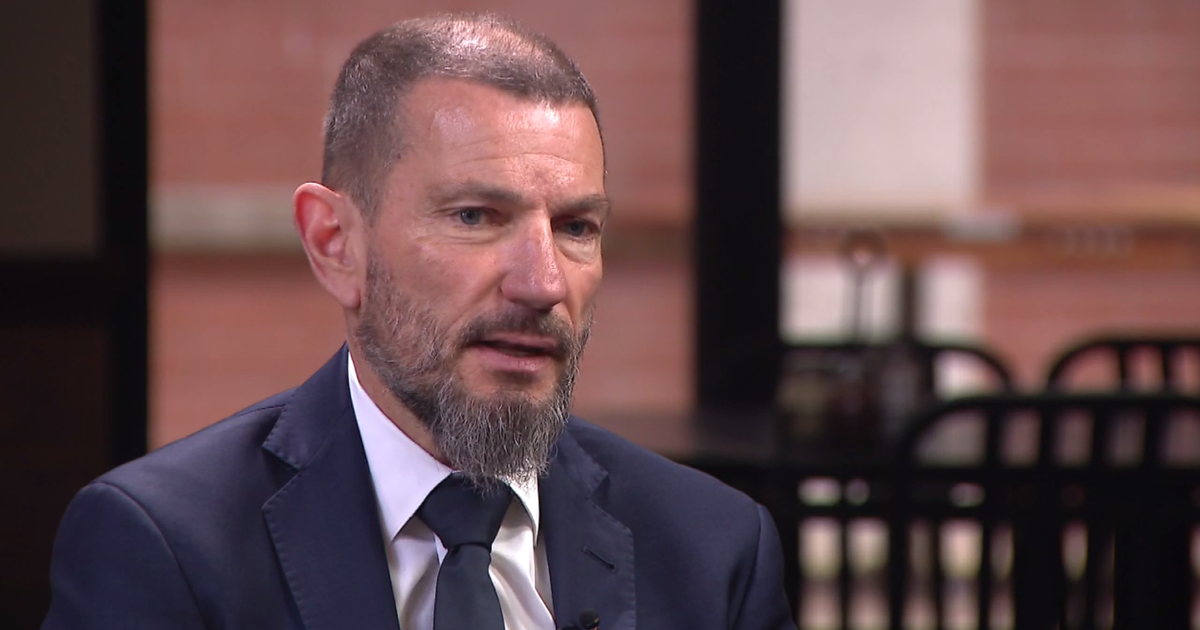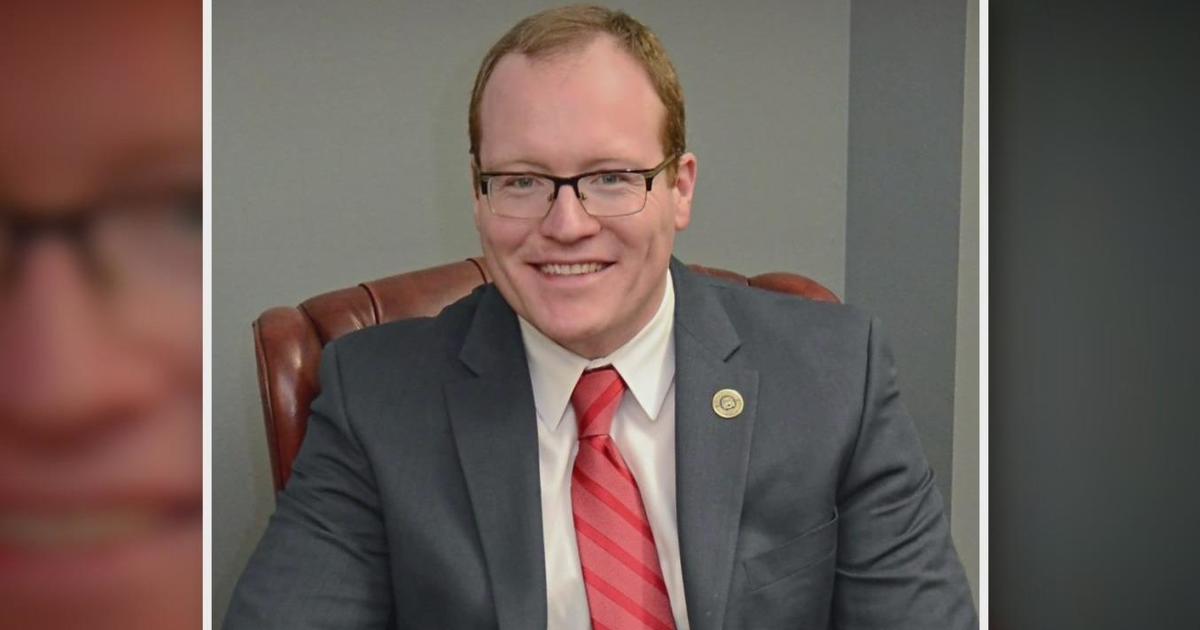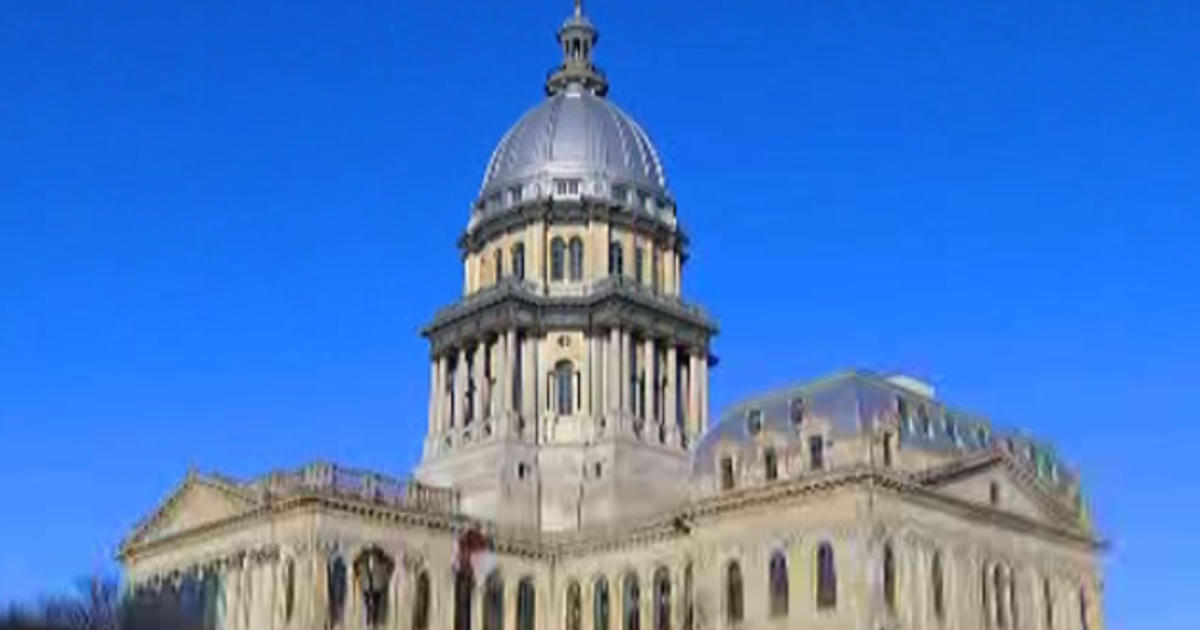BGA: Some State Board Members Paid More Than $300 An Hour
CHICAGO (CBS) -- How would you like to make $40,000 a year for working just over 10 hours a month? Too good to be true? Not if you've got "the right stuff" for a state board like the Illinois Human Rights Commission.
CBS 2 Chief Correspondent Jay Levine teamed with the Better Government Association, which obtained the time sheets of those appointees.
The 13 members of the Illinois Human Rights Commission are paid at least $46,960 a year, plus health and pension benefits. But the time sheets obtained by the Better Government Association through Freedom of Information requests showed they worked an average of 13 hours a month. That works out to more than $300 an hour.
BGA Executive Director Andy Shaw said "this is another example of public officials taking care of themselves better than they take care of the public."
When we asked to speak with Commission Chairman Martin Castro about it, we were told he was not available, nor were any of the other commissioners, except for Spencer Leake, who agreed it was "wrong to take that much money in this day and age."
But Leake declined an on-camera interview, saying that the commission staff would respond. Their response was a long statement, which included a clarification of the hours the BGA saw recorded on those time sheets.
"The hours recorded on the time sheets do not reflect the fact that a significant amount of time is spent by commissioners on work outside of the context of official Commission meetings," the statement said.
Former Human Rights Commissioner Robert Enriquez, who served on the board for six years, said "that just rings hollow. That's not my experience."
"What motivates somebody to not come off and say 'It's the truth, they don't work that much,'" Enriquez added. "Especially in times that people are protesting, people are out of work, you need to be honest with them, what's going on with the government."
Gov. Pat Quinn, who appointed some of the members of the board, refused to speak about the issue on Tuesday, but his office said the governor is working on a comprehensive review of all boards and commissions to identify ways to save money and increase efficiency.
Enriquez said the governor could have saved money by not filling vacancies on the board.
"Here Governor Quinn was talking a year and a half ago or so about how we needed to tighten our belts and how we needed more money, more cash for the state," Enriquez said. "And, instead, he bulks up the commission with … empty seats that really weren't necessary."
The Governor's spokesman also said the salaries are set by Illinois law. So far, state lawmakers have failed to act on the salaries of people appointed to such boards.
"We have the ability to change how much is paid and we should," State Sen. Matt Murphy (R-Palatine), the Republicans' point person on the state budget, said. "I think the General Assembly would have a role in that in terms of changing the salaries, by statute, for these positions and it's something, frankly, that needs to be looked at."
"This is the poster child for what's wrong in Illinois. Too many boards and commissions, too many units of government rewarding too many people with high salaries and generous benefits to do very little work and this is what has to stop," Shaw said.
No one is suggesting the Human Rights Commission doesn't do important work, as a kind of court of last resort for victims of alleged human rights violations.
It's just the amount of work they do for the money they're paid and the politics that lead to appointments that pay more than $8 million a year combined.
By comparison, while the governor has been conducting his review, Mayor Rahm Emanuel has cut compensation for serving on city boards by more than 50 percent.



